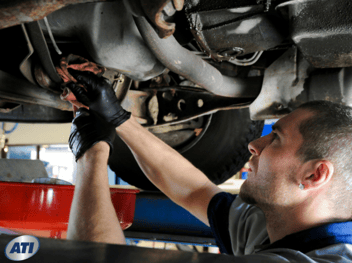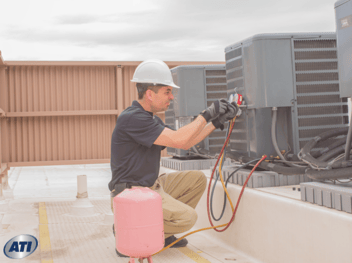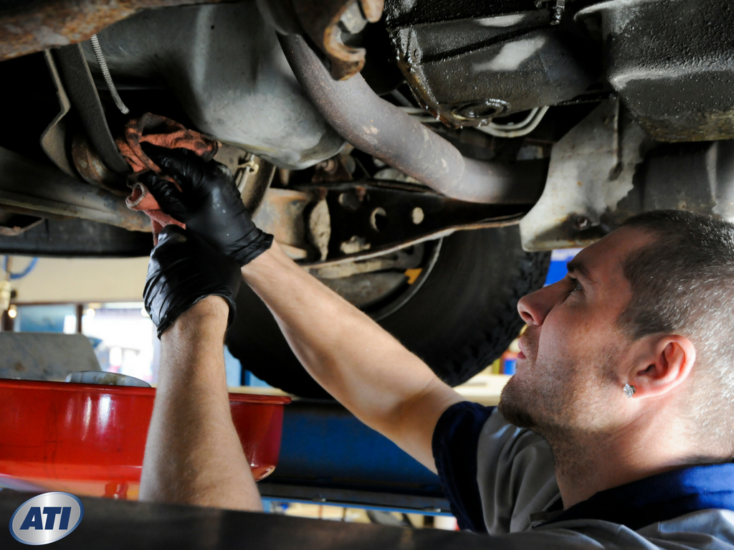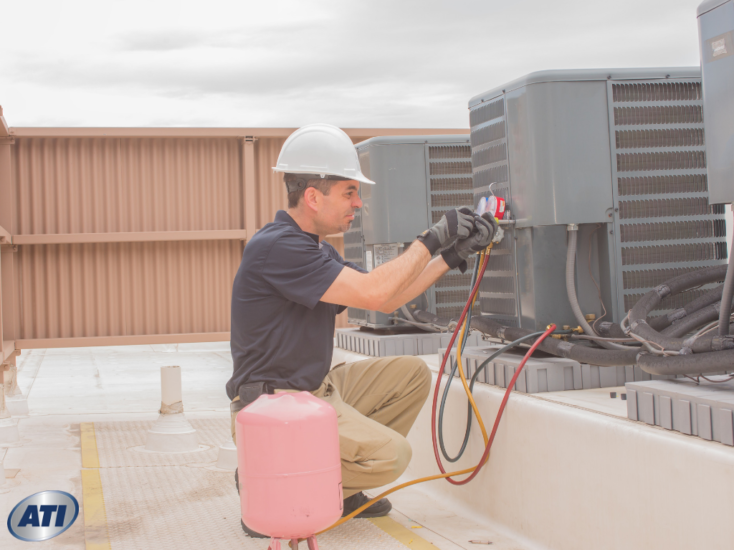HVAC Training: Norfolk, VA Offers You Educational Options
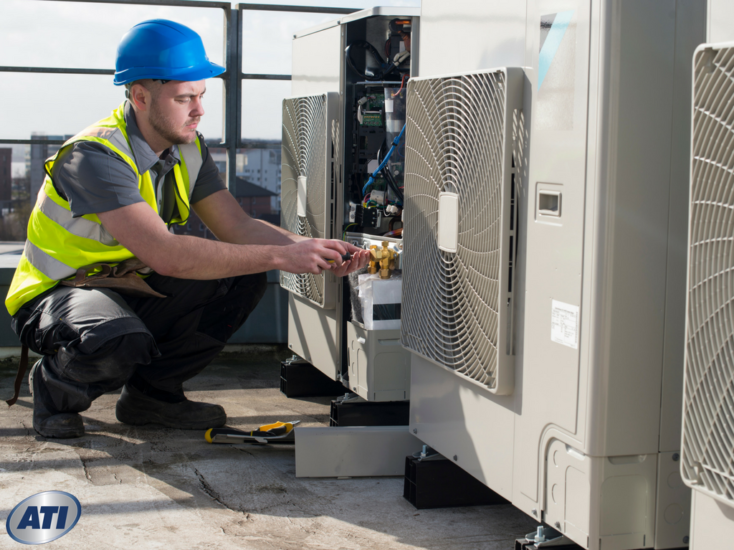
Anyone looking for a well-paying career that offers steady employment opportunities should consider the HVAC industry. Almost every household in the nation has some form of centralized heating and air conditioning system, which will eventually require maintenance, repair, or upgrading. In time, these systems become dated or wear out and so must be replaced every 10 to 15 years.
What’s more, the technology is always evolving as the industry works toward making equipment more efficient so that homeowners spend less on utility bills and produce a smaller carbon footprint. Successful technicians will need to keep up on these dramatic and ever-more-efficient innovations, such as smart thermostats, ductless mini split heat pumps, scrolling compressors for air conditioners, and condensing furnaces, just to name a few.
In the Hampton Roads region, summers are hot and steamy, and winters can be on the cold side, so most homeowners will have invested in a central air conditioning or heating system that will require preventative maintenance, repairs, parts replacement, and other service. HVAC techs may choose to work on residential systems, but they may also specialize in systems for government or commercial buildings in our area. Whichever way you choose to go, there is likely to be plenty of HVAC activity in our bustling region for years to come.
Becoming an HVAC Technician
So how does someone become an HVAC technician? You could apprentice in an established HVAC company and become certified in various types of technology. However, the best way might be to enroll in an HVAC program, where you learn the basics about a wide range of air conditioning and heating equipment. With experienced instructors to guide you, you can learn at a reasonable pace, ask questions of your instructors to enhance your understanding, and practice on state-of-the art equipment.
The fact is, HVAC equipment is highly sophisticated, and becoming more so as smart technology is integrated into heating, air conditioning, and ventilation systems. Enrolling in a college program can help you learn not only how to work on the old-school systems you will encounter, but also the computerized and smart models that are rapidly becoming the norm.
Benefits of Formal HVAC Training
Another reason for obtaining formal training as an HVAC technician is that there are stringent standards for dealing with hazardous substances. For instance, a college course should teach you how to handle and dispose of refrigerant, which is regulated by the Environmental Protection Agency’s Clean Air Act.
Any program you enroll in should also provide instruction in occupational health and safety. While servicing or installing air conditioning and heating systems, you will be exposed not only to hazardous substances, but will also encounter working conditions that may pose a threat to your safety or to those you supervise. It’s important to have a good understanding of the Occupational Safety and Health Act (OSHA), and its regulations as they pertain to your industry.
You will need to learn how to maintain safe working conditions while dealing with electricity, gas or other fuels (carbon monoxide emissions), and high heat (furnace burners). HVAC techs must also sometimes work in conditions where temperatures soar (attics) or outside in frigid weather, as well as at height when they work on rooftop systems, which can result in falls. Further hazards have to do with straining or injury while lifting heavy equipment, or muscle strain from working in a constrained or stooped position over long periods.
A well-trained HVAC worker should be able to assess the worksite for potential hazards and do what’s necessary to prepare the site to avoid the following:
- electric shock
- chemical exposure
- falling
- burns
- exposure to mold
If you are involved in service management, you will also want to know about what type of protective gear you and your team should be wearing. In addition, what type of tools — such as a leak detector for gas and radiation leaks — to have on hand.
Enrolling in an HVAC Program
In our Norfolk area, you will be able to enroll in a community college or technical school, where you can work toward an associate’s degree in the HVAC field. A typical program to earn this type of degree might take you 75 weeks to complete. During this time, you will likely be studying a variety of topics, including these:
- oil and solid fuel boilers
- fundamentals of electricity and circuits
- ducts and piping, hydraulics
- control systems
- properties of gas
- work site safety
- electricity and circuits
- heat pumps
- air movement
Contact an Advisor Today
Do you think a career in the HVAC industry might be for you? Contact Advanced Technology Institute TODAY for more information about an Associate in Occupational Science (A.O.S.) degree program in Heating, Ventilation, and Air Conditioning (HVAC) Technology.
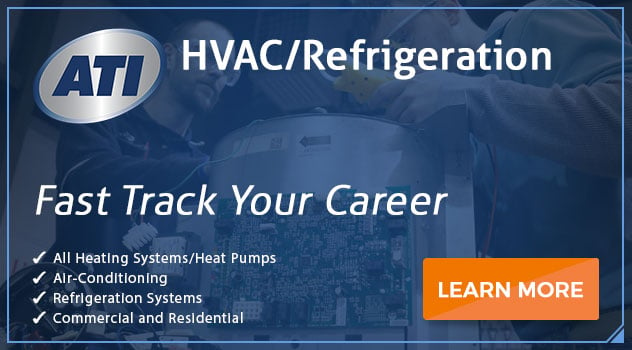
Industry Knowledge
Welcome to the Advanced Technology Institute's Blog, your resource for industry insights and discussions on technologies shaping the future of automotive, heavy vehicle, hvac, welding, and other related career paths.
Explore how ATI's curriculum and hands-on learning opportunities can propel your career in the tech-driven world.

